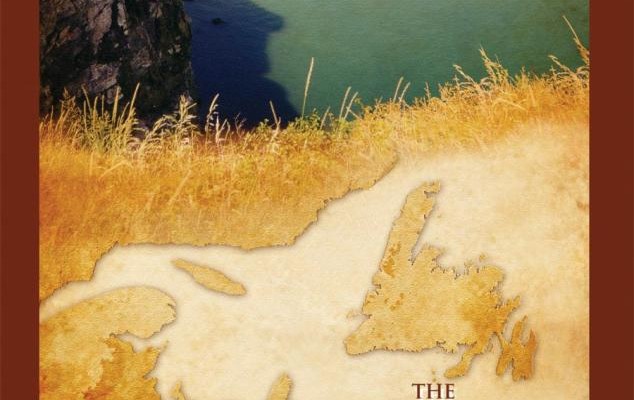From August 6-10, 2018, the Qalipu First Nation and Miawpukek First Nation are partnering with the Operating Engineering College, UA Local 740 Training Center, Bricklayers College, Iron Workers Training Center and the Carpenter Millwright College. Participants will have the opportunity to take part in a week-long camp in St. John’s that will expose them to a variety of industry driven trades such as Heavy Equipment, plumbing/pipefitting, bricklayers, ironworkers, carpentry, and millwright. The camp is for students attending Grades 10-12 in the Fall of 2018. For youth who attend the Camp, transportation, accommodations and meals will be provided.
Qalipu First Nations and the various partners are inviting interested Indigenous youth from all wards to submit application forms by Wednesday, July 18, 2018.
Applications to be submitted to and for additional detals:
Click here for the application
Yvonne MacDonald, Administrative Assistant
Qalipu First Nation
183 Main Street, P.O. Box 460
St. George’s, NL
A0N 1Z0
Email: ymacdonald@qalipu.ca
Phone: (709) 647-3514
Fax: (709) 647-3068









